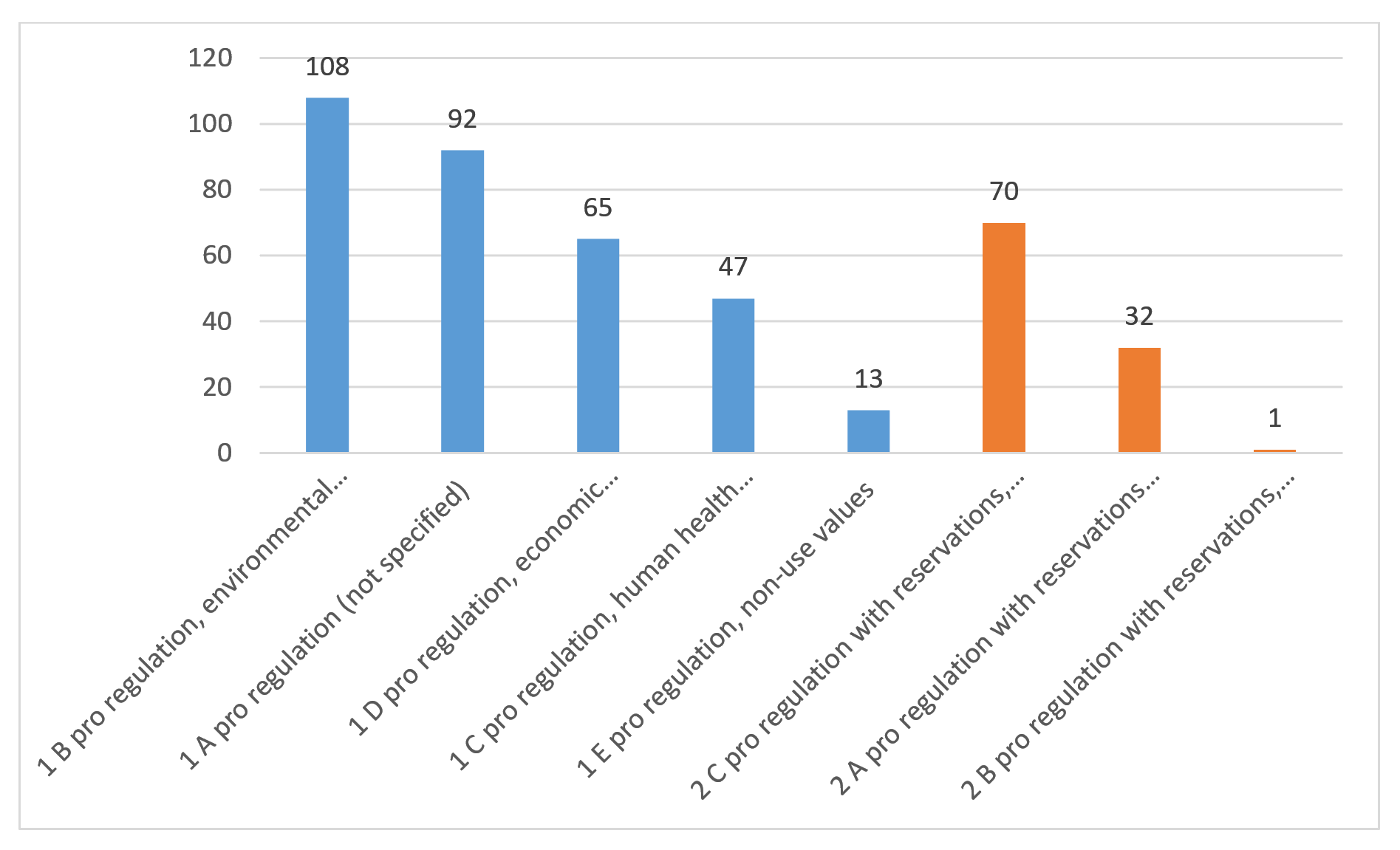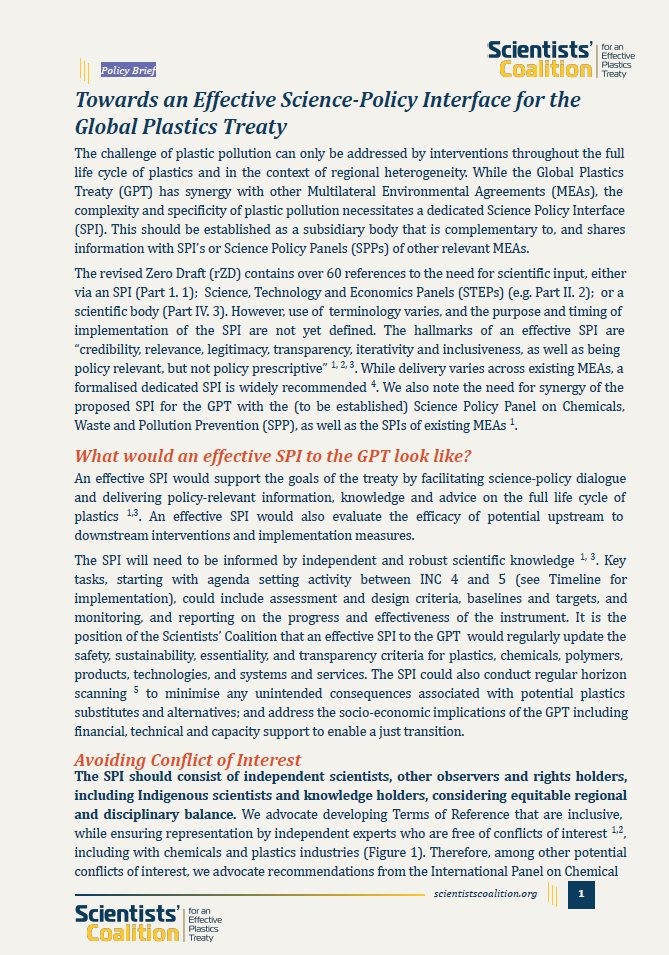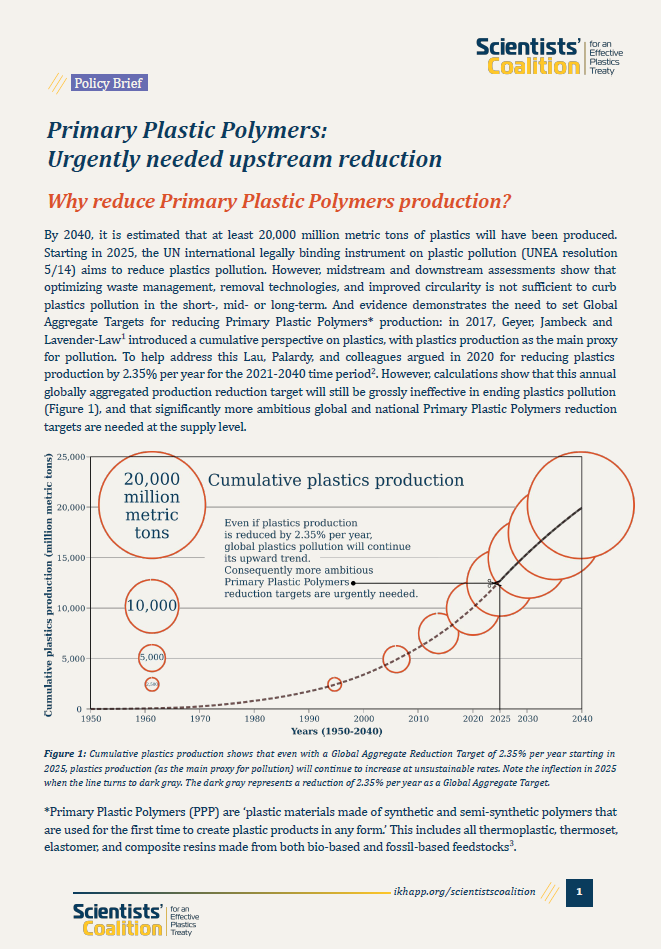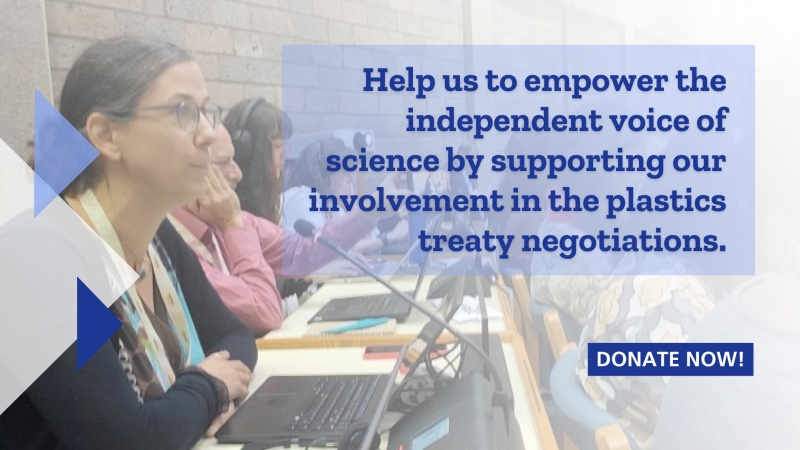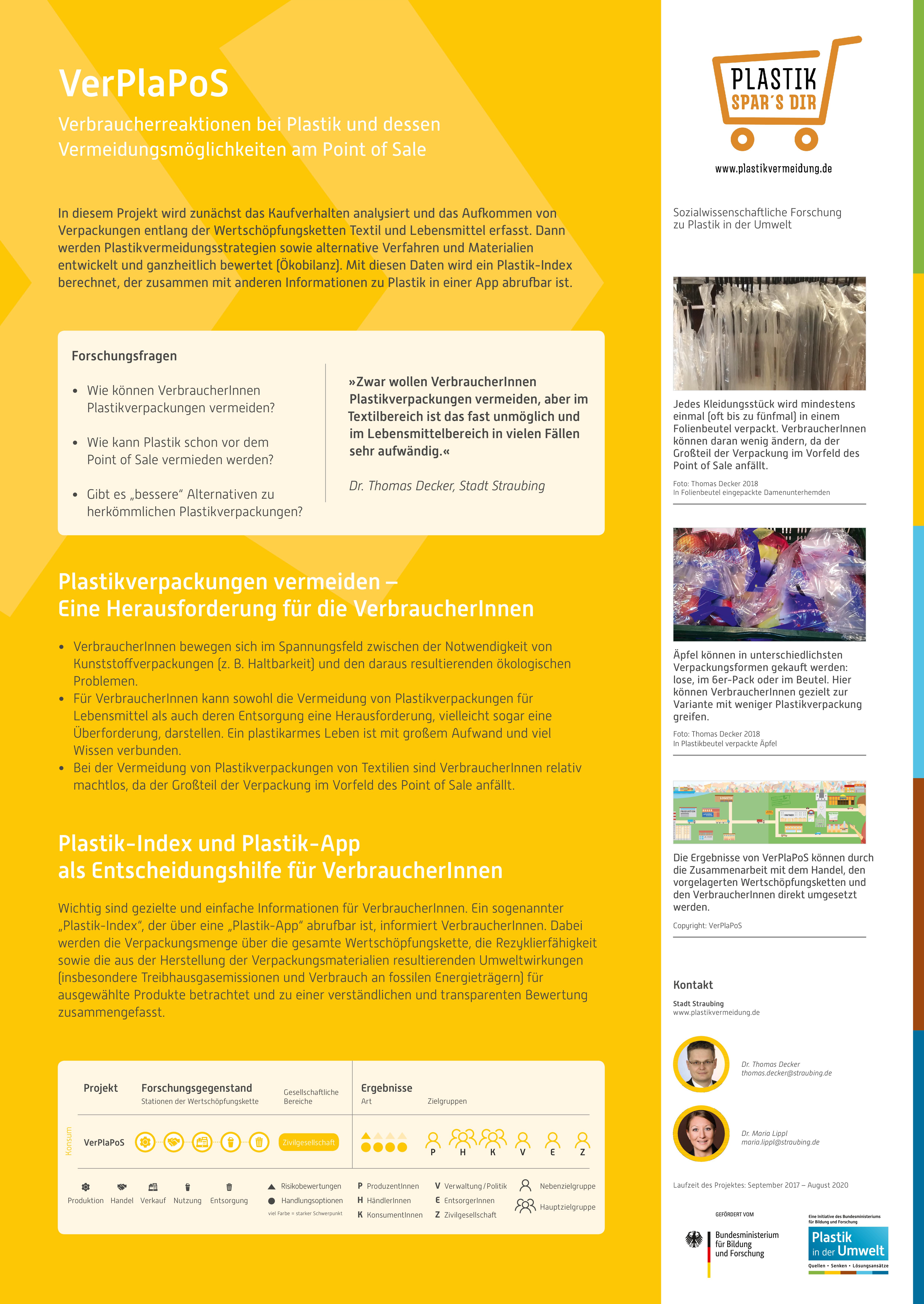Shaping EU Plastic Policies
The Role of Public Health vs. Environmental Arguments
- Publication
- Citation
Mederake, Linda; Knoblauch, Doris (2019): Shaping EU Plastic Policies: The Role of Public Health vs. Environmental Arguments. International Journal of Environmental Research and Public Health 2019, 16, 3928.
This article by Ecologic Institute's Linda Mederake and Doris Knoblauch uses a structuring qualitative content analysis to investigate the parliamentary debates of two recently adopted plastic policies in the EU – namely the EU Plastics Strategy and the Single-Use Plastics Directive – and assess the relevance of public health and environmental arguments for the EU debate.
The analysis reveals broad support for plastics regulation among Members of the European Parliament, who most often use environmental arguments to corroborate their support for the policies in question. In contrast, health concerns do not seem to be crucial for the adoption of plastic policies in the EU.
Few other environmental problems have received as much public attention and criticism in recent years as plastic pollution. Accordingly, in recent years, a number of plastic policies have been adopted at national and supranational level in the EU and worldwide. In the US, health risks were repeatedly raised in the decision-making process of these policies and scholars have pointed out the crucial role of these arguments for the adoption of plastic policies.
